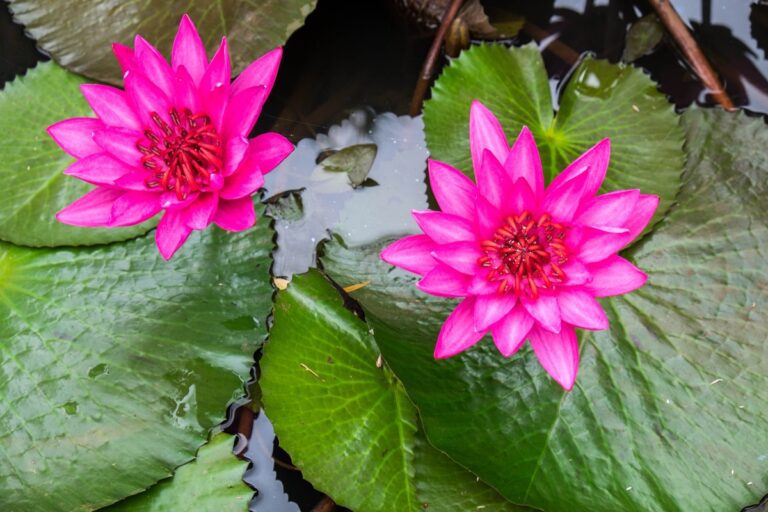Similar Posts

A Meditation on Wholeness and Core Presence
This meditation offers an opportunity to tap into a deeper sense of wholeness and of core presence. It is drawn and adapted from an offering in a class with David Spangler through the Lorian Association and is used with permission.
During this time of the Corvid-19 virus, having ways to access a stronger sense of our core presence, and an ability to tap into a living sense of our body-mind wholeness, can help support a much-needed and stabilizing sense of steadiness.
For those of you who would prefer to access this meditation on YouTube, here’s the link:

852nd Week: Wholeness and Shifting Foreground to Background and Background to Foreground
As I prepared to write this week’s practice in conscious living, it became clear that I needed to take two of my three feline family members to an emergency vet on different nights during the week. One of the things related to being in an emergency facility is that there is plenty of time to wait. It’s first come, first served and there’s no way to rush the attention needed in emergency visits.
To help keep my feline friends calm, I needed to draw on the calm part of myself—to bring the calm aspect of my wholeness into the foreground of my experience. This got me to thinking about offering a practice around the importance of embracing our wholeness so that we are able to remember that all aspects of being can shift from foreground to background and, also from background to foreground. In these emergency experiences, I remembered that I’ve developed a much deeper relationship with being calm and centered and that, even when this aspect of being drops into the background of my awareness, it’s always there to invite forward when I’m able to do so.
It’s helpful to remember that trauma can add an energy “punch” to some aspects of our wholeness so that when they move into the foreground of awareness we may find ourselves activated in ways we hadn’t expected and which we may have a hard time managing. A year-and-a-half ago, when one of my feline family members had a dental emergency, I found myself catapulted into a very young part of my wholeness. What I noticed this time around was that the efforts I invested over the last year dealing with what got pulled into the foreground last year made a noticeable difference, for which I have been very grateful. I was calm in a way I wouldn’t have predicted, given my previous responses.
Read More “852nd Week: Wholeness and Shifting Foreground to Background and Background to Foreground”
2023 January Meditation
This year’s theme is reciprocal relationships–that we are in relationship with the world around us in every moment. For this month, we focus on the relationship we have with the community of collaborative organisms that comprise our body, offering gratitude and blessings to all of them.
The fidelity on this January meditation isn’t great, but it improves starting in February.
Please remember never to listen to these audio meditations when driving or operating dangerous machinery…
Here’s the YouTube version if you’d prefer to see images of nature as you move through the meditation.

909th Week: More Gratitude Practice
Walking across Central Park this morning, I was filled to overflowing with gratitude for all the years I had the privilege of soaking in the beauty, the life-giving vitality, and the spirit of this wonderful place each and every morning on my way to my office. This brought me again to the importance of noticing and experiencing gratitude. As I walked on familiar pathways, the presence of gratitude filled and inspired me.
This experience returns me to an awareness of the importance of gratitude as a frequency we can constantly bring into our lives, and of the health-affirming quality it conveys. I have an active and ongoing relationship with gratitude and I find it supports me during challenging experiences. An example is when I had some rather extensive dental surgery a week ago. After about an hour of what turned out to be a two-hour process, I found myself orienting to what I call the spirit of gratitude. You might think of it as the essence of gratitude, or the frequency of gratitude. I oriented to experiencing the presence and quality of gratitude to help myself continue to be settled and at ease in the chair. I found that choosing to resonate with this essence made all the difference in my ability to remain calm and gratefully open to the help I was receiving.
For this week’s practice, I invite you to find, in the course of the coming week, many moments to be aware of gratitude. You may already have a gratitude practice and, if you do, use this practice to increase the number of times you express your gratitude. You may discover gratitude in some unexpected places when you look for it, even as you may find yourself reinforcing an awareness of gratitude that is already alive and present in your experience.